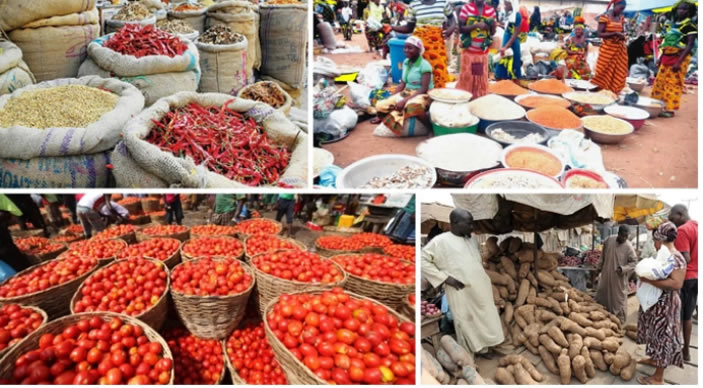In a strategic move to address food insecurity, several firms have joined forces to implement initiatives aimed at strengthening agricultural production, reducing post-harvest losses, and improving food supply chains. This partnership underscores the growing recognition of collaborative efforts in tackling hunger and malnutrition, especially in regions vulnerable to food shortages.
Key Objectives of the Partnership
The alliance focuses on the following areas:
- Promoting Sustainable Farming Practices: Introducing innovative agricultural techniques to maximize yields while preserving environmental resources.
- Enhancing Supply Chains: Investing in infrastructure and logistics to ensure efficient distribution of food products from farms to markets.
- Empowering Farmers: Providing training, financial support, and access to modern tools to smallholder farmers, who play a critical role in food production.
- Reducing Food Waste: Developing storage facilities and processing units to minimize post-harvest losses.
Technology-Driven Solutions
The firms are leveraging technology to revolutionize the agricultural sector:
- Smart Farming Tools: Utilizing precision agriculture technologies, such as drones and IoT devices, to monitor crop health and optimize resource use.
- Digital Platforms: Connecting farmers with buyers through online marketplaces to ensure fair prices and reduce exploitation.
- Data Analytics: Using big data to predict weather patterns and market trends, enabling farmers to make informed decisions.

Collaboration with Stakeholders
The partnership includes contributions from private companies, non-governmental organizations, and government agencies. Together, they aim to create a robust framework for food security by addressing systemic challenges such as:
- Land Access Issues: Advocating for policies that facilitate equitable land use.
- Affordable Financing: Offering low-interest loans and grants to support farmers and agribusinesses.
- Policy Alignment: Working with governments to streamline agricultural policies and eliminate trade barriers.
Anticipated Impact
The collaborative efforts are expected to:
- Increase food availability by boosting local production.
- Improve livelihoods for farmers through better incomes and opportunities.
- Enhance resilience against climate change and global supply chain disruptions.
Building a Food-Secure Future
As global food demand continues to rise, partnerships like this play a pivotal role in ensuring a steady and sustainable food supply. Stakeholders have emphasized the importance of scaling up such initiatives and replicating them across regions to combat food insecurity on a larger scale.
Conclusion
The partnership between these firms highlights the power of collective action in addressing one of the most pressing challenges of our time. By combining resources, expertise, and innovation, they are paving the way for a future where food security is not just a goal but a reality.
Support InfoStride News' Credible Journalism: Only credible journalism can guarantee a fair, accountable and transparent society, including democracy and government. It involves a lot of efforts and money. We need your support. Click here to Donate
